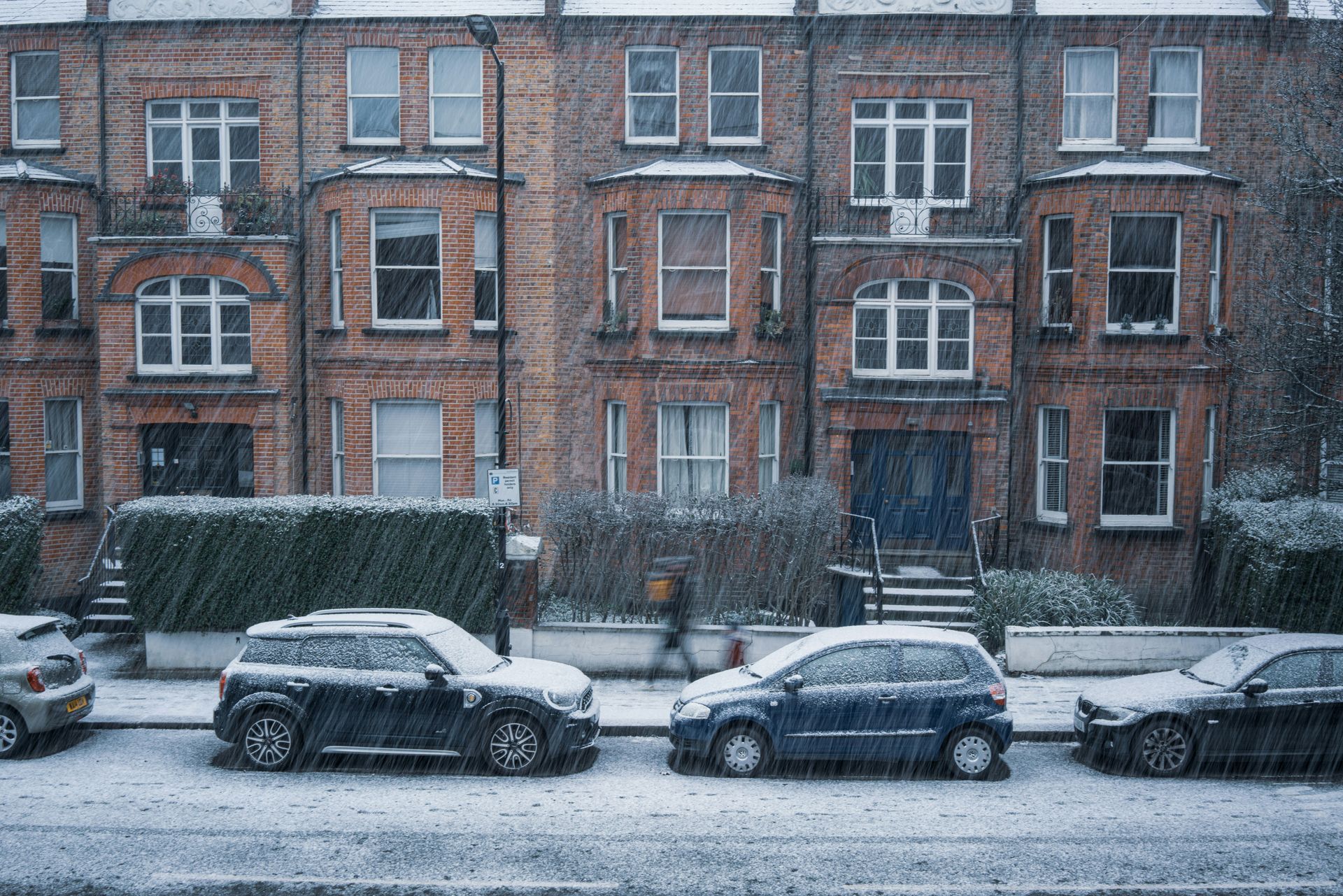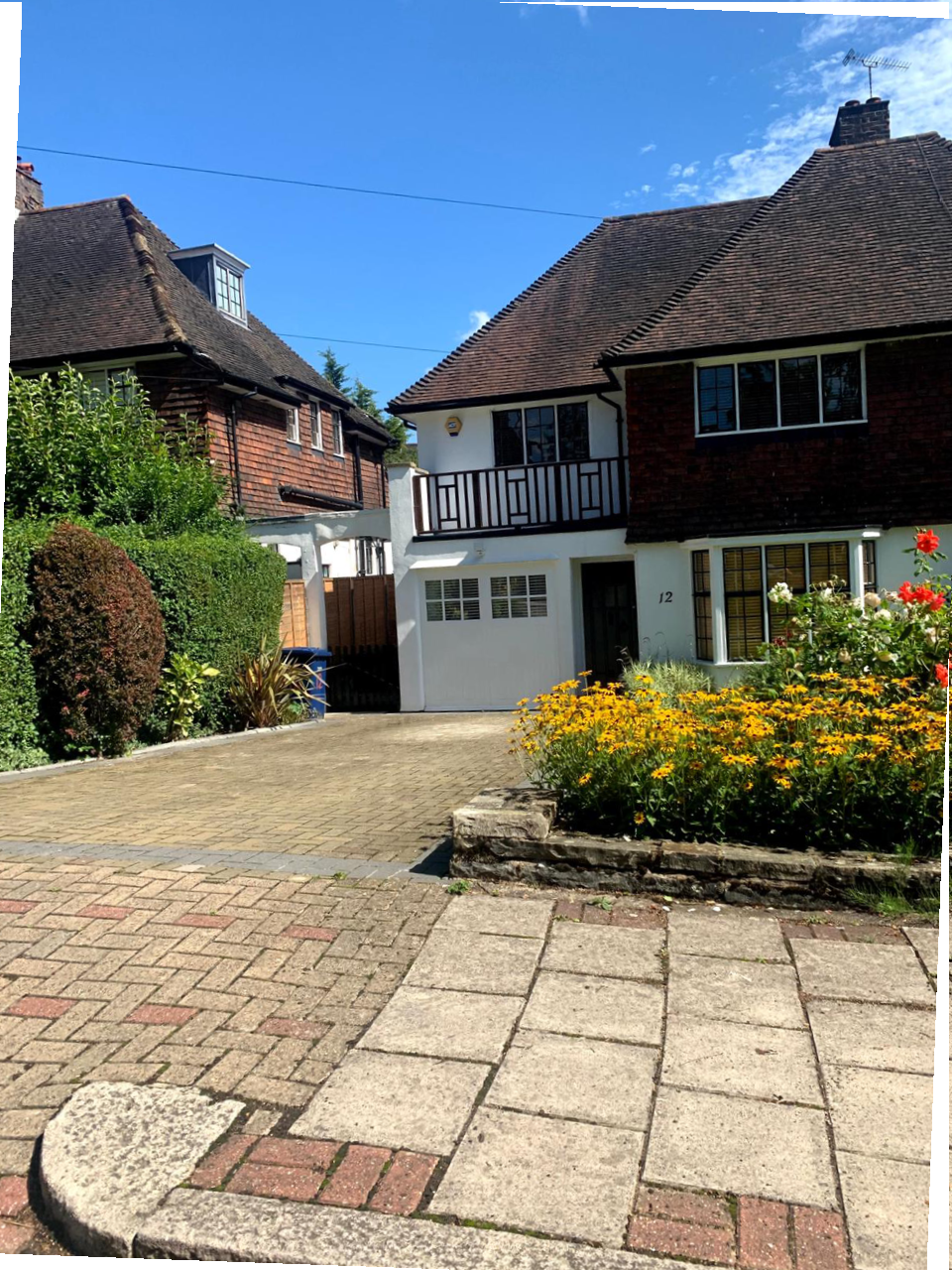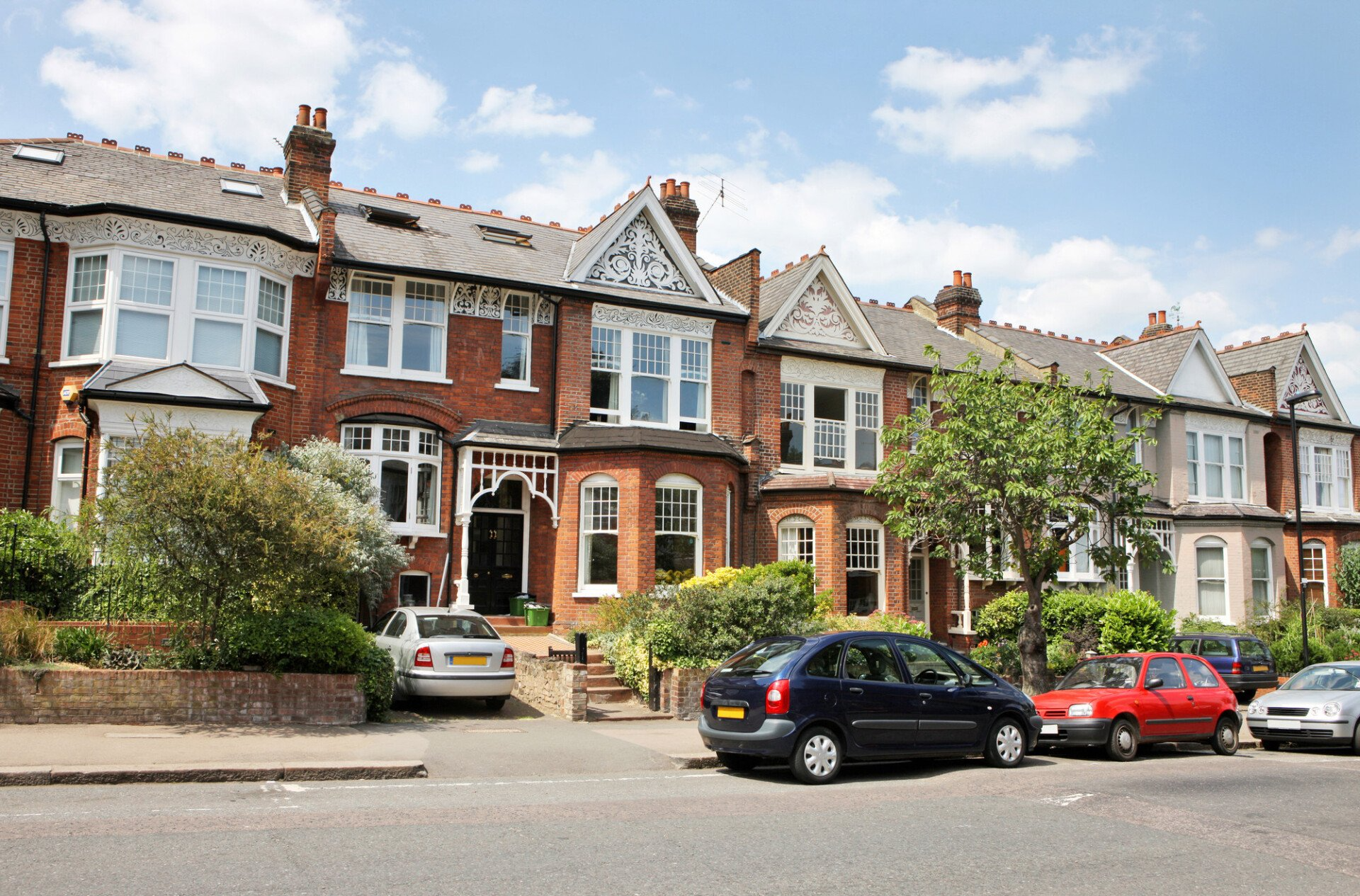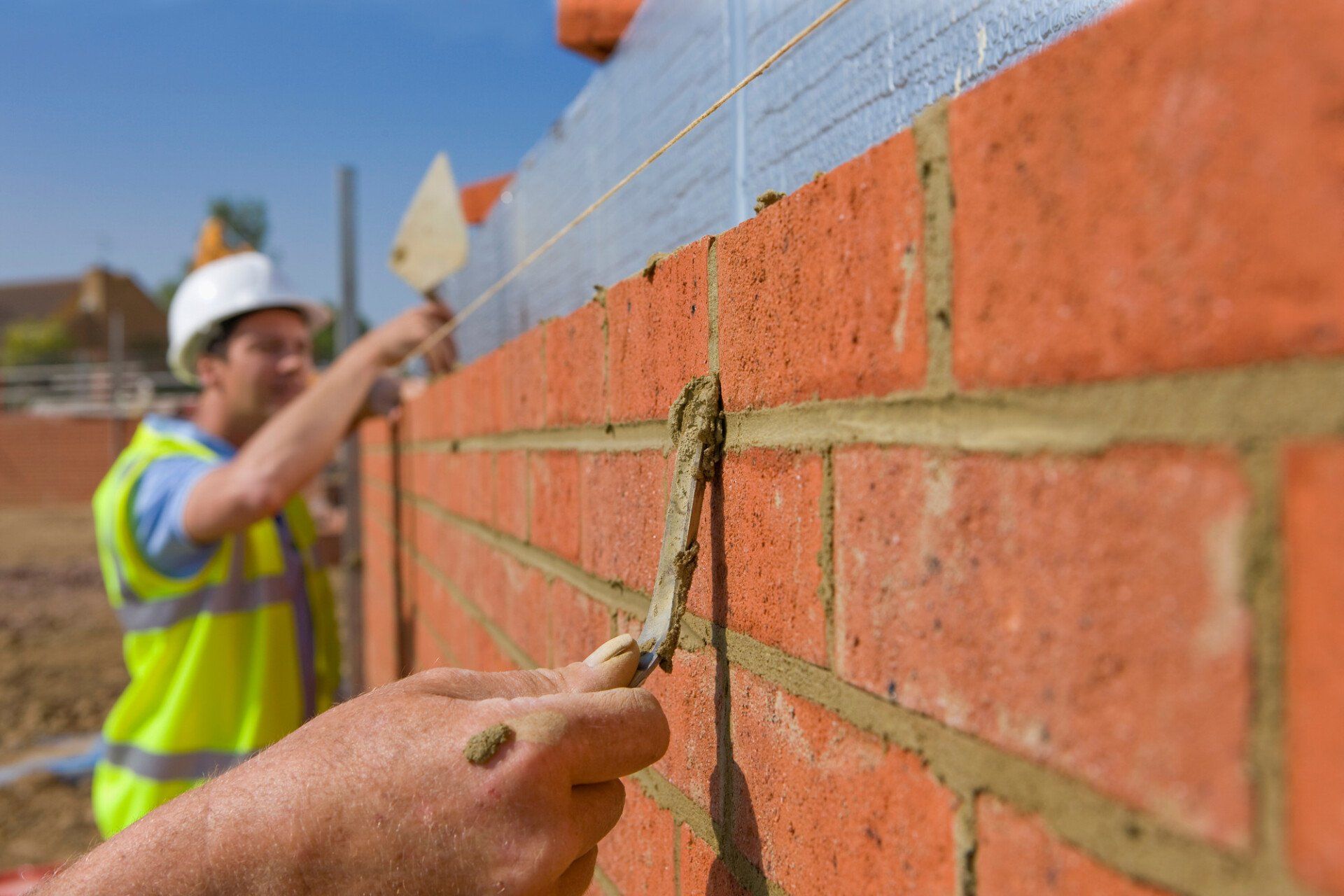The Failure of the “Agreed Surveyor” Appointment
Selling a property can be a complex and daunting process, especially when there are unregulated changes or alterations made to the property. These changes, whether structural or cosmetic, can pose challenges and considerations for both sellers and buyers. In this blog, we'll explore the intricacies of selling a property with unregulated changes, highlighting the potential pitfalls, legal implications, and strategies for navigating this scenario effectively.
Understanding Unregulated Changes:
Unregulated changes refer to modifications or alterations made to a property without obtaining the necessary permits, approvals, or compliance with building codes and regulations. These changes can range from minor renovations like adding a new room or updating fixtures to more significant alterations such as structural modifications or additions. While some changes may seem harmless or aesthetically pleasing, they can have serious implications when it comes to property transactions.
Related: Party Wall Surveyor in Richmond
Challenges Faced by Sellers:
Sellers of properties with unregulated changes often encounter several challenges during the sales process. One major challenge is disclosure, as sellers are legally obligated to disclose any known defects or non-compliance issues to potential buyers. Failure to disclose unregulated changes can lead to legal disputes, financial liabilities, and damage to the seller's reputation. Additionally, unregulated changes may affect the property's market value, appraisal, and ability to attract buyers.
Legal Implications and Risks:
The presence of unregulated changes poses legal risks and liabilities for sellers. Non-compliance with building codes and regulations can result in fines, penalties, enforcement actions, and even orders to undo the unauthorized alterations. Sellers may also face lawsuits from buyers who discover undisclosed unregulated changes after purchasing the property. These legal implications underscore the importance of transparency, due diligence, and compliance in property transactions.
Buyer Concerns and Due Diligence:
Buyers of properties with unregulated changes must conduct thorough due diligence to assess the risks and implications associated with the alterations. They may hire inspectors, surveyors, or engineers to evaluate the property's condition, identify unregulated changes, assess their impact, and estimate the cost of rectification or compliance. Buyers should also review property records, permits, and inspection reports to uncover any discrepancies or non-compliance issues.
Strategies for Sellers:
Sellers facing the challenge of unregulated changes can adopt several strategies to navigate the sales process effectively. The first step is to conduct a comprehensive assessment of the property, identifying all unregulated changes and their potential impact. Sellers should then rectify any serious non-compliance issues, obtain necessary permits or approvals, and disclose all known alterations to potential buyers transparently. Seeking legal advice, consulting with real estate professionals, and offering incentives or concessions to buyers can also help mitigate risks and facilitate the sale.
Negotiating with Buyers:
Effective communication and negotiation are key when dealing with buyers in a property sale with unregulated changes. Sellers should be transparent about the alterations, provide documentation and information regarding the changes, and address any concerns or questions raised by buyers. Negotiating a fair price, addressing repair or compliance costs, and offering warranties or guarantees can help build trust and confidence with buyers, leading to a smoother transaction process.
Legal Compliance and Documentation:
Ensuring legal compliance and proper documentation is essential for sellers dealing with unregulated changes. Sellers should gather and organize all relevant permits, approvals, inspection reports, and documentation related to the alterations. Disclosing this information to buyers upfront, along with any warranties or indemnities, can mitigate legal risks and provide clarity to all parties involved in the transaction.
Professional Guidance and Support:
Seeking professional guidance and support from real estate agents, attorneys, inspectors, and other experts is crucial when selling a property with unregulated changes. These professionals can offer valuable advice, conduct inspections, assess risks, negotiate on behalf of sellers, and facilitate a smooth and legally compliant transaction. Sellers should leverage their expertise and resources to navigate the complexities of selling a property with unregulated changes effectively.
Selling a property with unregulated changes requires careful consideration, transparency, and adherence to legal and regulatory requirements. Sellers must disclose all known alterations, conduct due diligence, rectify serious non-compliance issues, and engage with buyers transparently and proactively. By navigating these challenges strategically, seeking professional guidance, and prioritizing compliance, sellers can facilitate a successful and legally compliant property sale despite the presence of unregulated changes.
For more information call us at 020 3875 9279 or email us.









